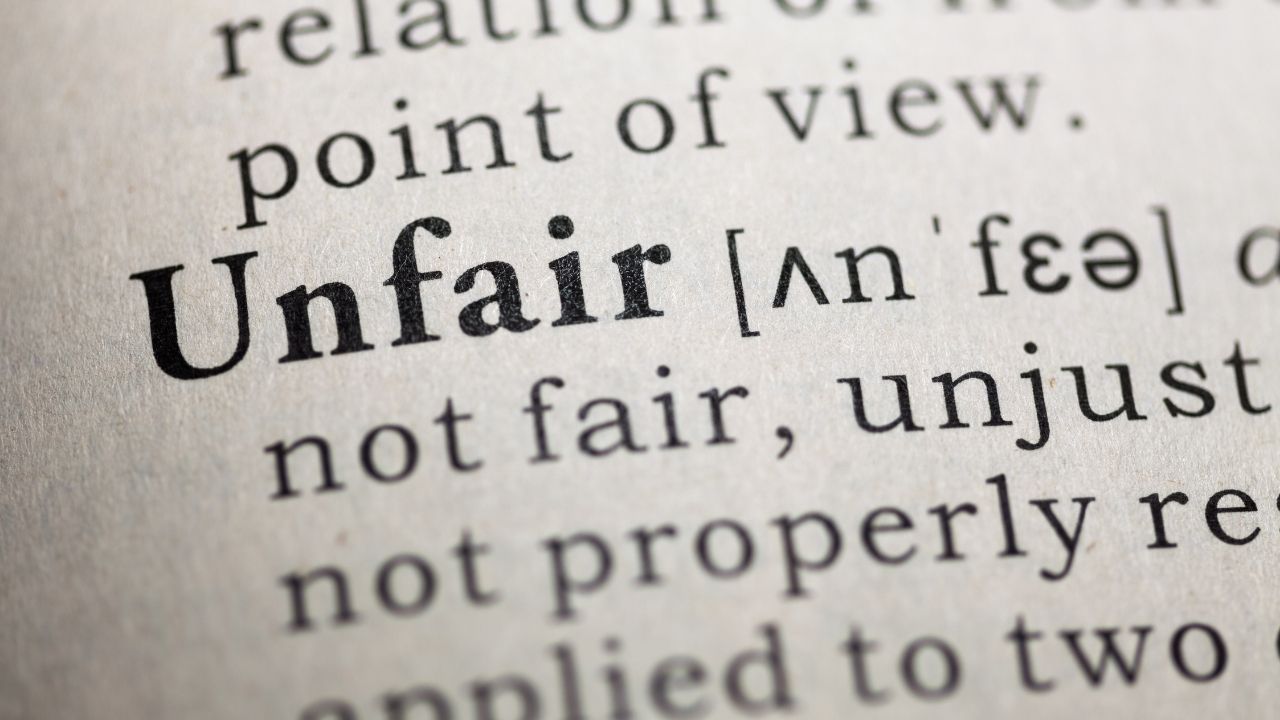In a recent decision from the Court of Session, Mark Ellison Coulter v Anderson, Anderson & Brown LLP [2025] CSOH 32, the court dismissed a claim for professional negligence brought by a former company director against the firm’s auditors. This judgment underscores the challenges inherent in establishing liability against professionals in third-party valuation scenarios and highlights the protective role of contractual liability caps. For businesses, accountants, and legal practitioners, the case serves as a reminder of the stringent pleading requirements in negligence actions and the importance of clear engagement terms.
Introduction
The pursuer, Mark Ellison Coulter, was a director and shareholder in Coulter Property Ltd (CPL), a company providing support services to a related legal partnership under a Management and Services Agreement (MSA). Following his summary dismissal in February 2018, CPL’s Articles of Association mandated the sale of his shares to remaining shareholders at “Fair Value.” When no agreement was reached, the defenders, Anderson, Anderson & Brown LLP, CPL’s appointed auditors, valued the shares at £74,949 using a net asset value (NAV) basis.
Coulter disputed this, alleging the valuation should have been on an earnings basis (EB) as a going concern, potentially worth over £580,000. He claimed the defenders negligently relied on misleading information from CPL about the MSA’s termination without independent verification and colluded to undervalue his shares. A prior sheriff court action had dismissed his challenge to the valuation itself, deeming it final and binding absent fraud or manifest error. Undeterred, Coulter sued the defenders for £506,800 in damages, asserting breach of a duty of care owed to him as a third party.
Key Legal Issues and Court’s Analysis
The court, presided over by Lord Braid, addressed several pivotal issues in this commercial action.
Duty of Care: The defenders argued that no duty was owed to Coulter, a non-client. Applying the tripartite test for pure economic loss (foreseeability, proximity, and fairness), the court focused on the “assumption of responsibility” doctrine. It found the defenders knew the valuation’s purpose, to determine the price in a compulsory share transfer, and its direct impact on Coulter. Citing precedents like Killick v PricewaterhouseCoopers [2001] PNLR 1 and White v Jones [1995] 2 AC 207, the court held that a duty could arise where professionals undertake tasks affecting identifiable third parties. Coulter’s reliance was implied through the Articles, even without choice in the auditors’ appointment.
However, the scope of this duty was constrained. The defenders’ engagement letter with CPL capped liability at £45,000. The court deemed this relevant, drawing from Pacific Associates Inc v Baxter [1990] 1 QB 993, as it influenced the assumption of responsibility. Under the Unfair Contract Terms Act 1977 (UCTA), such limits could be challenged for reasonableness, but Coulter failed to plead this, leaving the cap intact and limiting any potential recovery.
Negligence and Valuation Methodology: Coulter alleged the NAV basis was inappropriate for a trading company, which “generally” warrants an EB approach. The court applied the Hunter v Hanley 1955 SC 200 test, requiring proof that no ordinarily competent professional would have acted similarly. It noted the Articles granted auditors discretion to resolve valuation “difficulties,” and the MSA’s purported termination justified NAV due to earnings uncertainty. Coulter’s pleadings fell short: they did not aver that NAV was professionally indefensible, only that EB is typical. As experts (not arbitrators), the defenders were entitled to exercise judgment without exhaustive investigations, per MacDonald Estates Plc v National Car Parks Ltd 2010 SC 250. The claims were dismissed as irrelevant.
Collusion and Bad Faith: Allegations that the defenders colluded with CPL, by following instructions not to consult Coulter and accepting biased data, lacked specificity. The court, referencing Politakis v Spencely [2017] SAC (Civ) 19, emphasized that bad faith requires detailed averments. Mere failure to probe information did not suffice, and these claims were excluded from consideration.
Pleadings on Loss: Coulter’s quantum claim relied on a disavowed informal report, without expert evidence. The court criticized the lack of fair notice, as mandated in commercial actions (Grier v Lord Advocate 2021 SLT 371), noting ample time had passed since the action’s inception in 2023 to secure proper valuation support.
Final Decision and Orders
The court sustained the defenders’ pleas, dismissing the action in its entirety for irrelevancy. Expenses were reserved, with no further remedies granted. This outcome prevents Coulter from pursuing the claim without revised pleadings.
Implications for Clients
This decision reinforces that professionals such as auditors may owe duties to non-clients in share valuations under company articles, particularly where outcomes directly affect them. However, contractual liability limits can effectively cap exposure, provided they are not challenged under UCTA—highlighting the need for claimants to address such clauses explicitly.
For accounting firms, the judgment affirms discretion in valuation methods, but stresses documenting judgments to withstand scrutiny. Businesses enforcing share transfers should ensure appointment processes maintain perceived independence to avoid disputes. In negligence litigation, the case illustrates the high bar for pleadings: general assertions won’t suffice; specific expert-backed averments are essential to meet tests like Hunter v Hanley.
Broader implications include potential reluctance by professionals to accept third-party-impacting roles without robust protections, possibly increasing costs or insurance premiums. In Scotland’s legal landscape, it aligns with a trend toward rigorous scrutiny of economic loss claims, balancing professional accountability with practical limits.
Recommendations
- For Professionals: Include explicit liability caps and disclaimers in engagement letters, and consider requiring third-party acknowledgments.
- For Companies: Review articles of association for clear valuation mechanisms and auditor independence provisions.
- For Litigants: Secure expert reports early and plead unfair contract terms’ challenges where limits apply to strengthen claims.
- Consult legal advisors promptly post-valuation to assess grounds for challenge.



